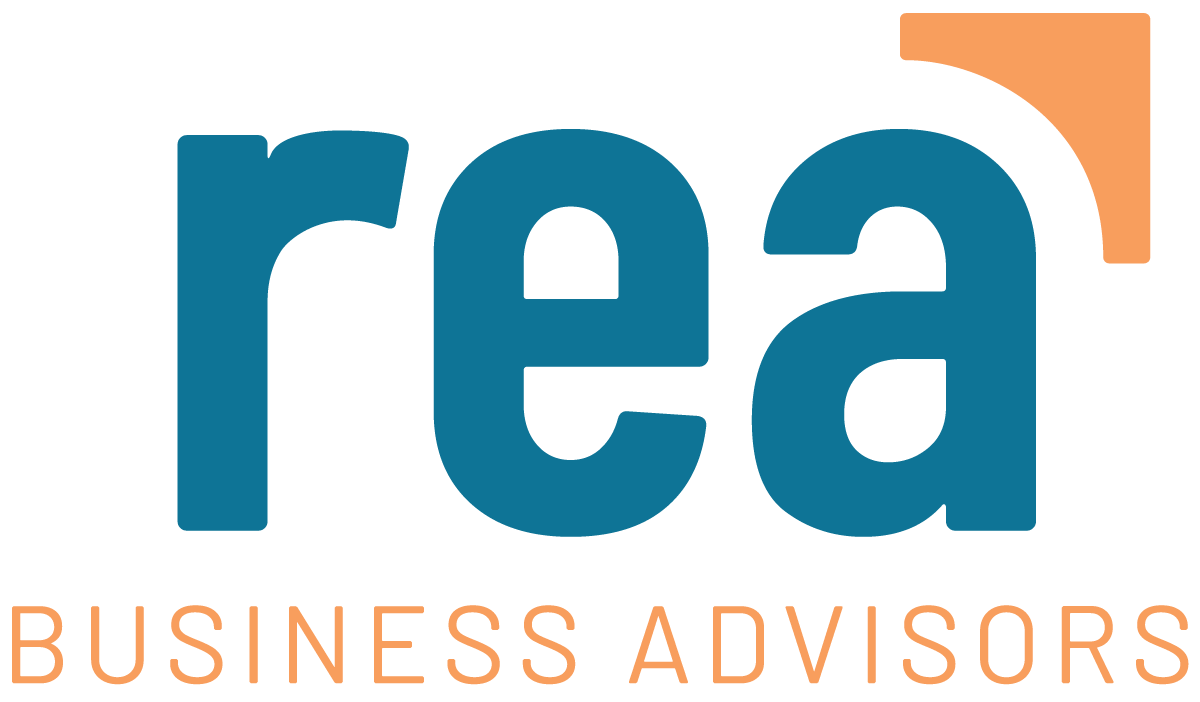
This case study examines how our Business Valuation and Transaction Advisory team helped a business owner successfully transfer his company interests to his son while minimizing tax liabilities and ensuring equitable treatment for all heirs. Through the implementation of an Intentionally Defective Grantor Trust (IDGT), we provided a comprehensive solution that addressed complex family dynamics, preserved business continuity, and optimized tax outcomes across generations.
Client Situation
John, the founder and majority owner (70 percent) of a thriving company, was preparing for retirement. In addition to his company ownership stake, John possessed a pivotal patent that generated significant royalty income. While he stepped back from day-to-day operations, he continued to receive salary and royalty payments. His son, John Jr., owned the remaining 30 percent and actively managed the company.
John sought a tax-efficient solution to:
- Transfer his business interests to his son
- Ensure fairness to his other children not involved in the business
- Minimize estate and capital gains tax liabilities
- Address underlying family tensions regarding financial management
Our Approach
After thorough analysis of John’s financial situation, family dynamics, and long-term objectives, our team recommended implementing an installment sale to an Intentionally Defective Grantor Trust (IDGT). An IDGT is an irrevocable trust specifically designed to treat the grantor as the owner for income tax purposes but not for estate tax purposes. This creates a powerful planning opportunity where the grantor pays income taxes on trust earnings and is able to transfer the Company out of their estate, effectively allowing for tax-free transfers of wealth. This strategy was carefully selected to address all of John’s concerns while providing maximum financial benefit to all parties involved.
Trust Formation and Funding
The first step involved establishing an IDGT and gifting sufficient cash to the trust to enable a down payment of at least 10 percent of the purchase price for the business interests and patent. This initial gift was reported through a gift tax return, with John allocating his available gift tax exemption to cover the gift, ensuring no gift tax liability.
Sale Structure
John sold his 70 percent company interest and the patent to the IDGT at their appraised fair market value. The transaction was structured as follows:
- Initial cash down payment using the trust’s seed money
- Promissory note for the remaining balance
- Due to the nature of an IDGT, the sale was disregarded for income tax purposes, avoiding capital gains tax (23 cents for every dollar) on the transaction
Cash Flow Management
The trust received income from two primary sources:
- Company distributions (from the 70 percent ownership stake)
- Royalty payments associated with the patent
This income was strategically allocated to:
- Service the promissory note obligations
- Make necessary distributions to cover John’s tax obligations attributable to the trust’s income
Financial Benefits for the Founder
Through this arrangement, John (the founder) secured important financial advantages:
- Received steady income through principal and interest payments on the promissory note, which were not subject to income tax
- Obtained necessary distributions from the trust to cover his tax obligations as the grantor
- Converted his illiquid business holdings into a predictable cash flow stream for retirement
- Maintained financial security while successfully transferring business ownership
Future Flexibility
Upon full repayment of the promissory note, the grantor trust status could be “turned off” by a Special Power Holder. This transition would make John Jr. the owner for income tax purposes, facilitating continued tax efficiency and asset protection.
Benefits Achieved
Estate Tax Reduction
Income and future appreciation of the transferred assets were removed from John’s taxable estate, significantly reducing eventual estate tax liability.
Capital Gains Tax Avoidance
John recognized no capital gains on the asset sale to the IDGT, preserving substantial wealth that would otherwise have been lost to taxation (23 cents for every dollar).
Income Tax Advantages
Interest payments on the note were not taxable to John, and his payment of taxes on the trust’s income did not constitute a gift, further reducing his taxable estate.
Asset Protection
Transferring assets into an irrevocable trust provided both creditor and spousal protection for John Jr., safeguarding the business for future generations.
Family Harmony

The transaction ensured that John Jr. paid fair market value for the company, reinforcing that future growth would be the result of his efforts while providing John with liquid assets that could be distributed among all heirs.
Implementation Challenges and Solutions
Seed Funding Requirement
Challenge: John needed to have $600,000 of cash available to gift to the trust. Solution: We identified that the company owed John $500,000 in accrued royalty payments, substantially mitigating this burden.
Cash Flow Management
Challenge: Potential cash flow issues for John due to tax liabilities on trust income. Solution: We created detailed financial models showing options for turning off grantor trust status or reimbursing John from the trust as needed.
Income Generation Verification
Challenge: Ensuring the IDGT could meet its financial obligations. Solution: We conducted comprehensive cash flow modeling of the company, trust, and John’s finances, confirming that income from distributions and royalties would be sufficient to cover note payments and tax distributions.
Conclusion
Through careful planning and implementation of an installment sale to an IDGT, we helped John successfully transition his business to the next generation while addressing his complex financial and family concerns. The transaction ensured:
- Sufficient cash flow to meet all obligations
- Minimized tax liabilities across multiple tax types
- Fair treatment of all heirs
- Resolution of family tensions
- Preservation of business continuity
By taking this strategic approach to legacy planning, John secured his company’s future while optimizing his family’s financial position for generations to come.
This case study demonstrates Rea’s expertise in Business Valuation and Transaction Advisory services. Our team specializes in helping business owners navigate complex ownership transitions through sophisticated tax planning strategies tailored to each client’s unique situation.



